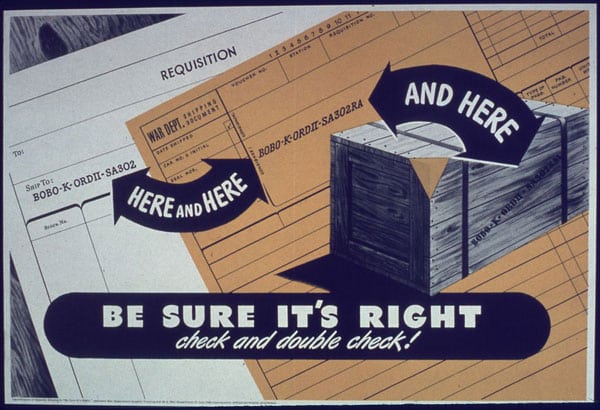
September 24, 2018; Courier & Press (Evansville, IN) and WEHT
In Evansville, Illinois, the former executive director of Echo Housing is under investigation for misusing organizational funds, and the organization itself is under scrutiny with nearly a half-million dollars of Echo’s 2019 funding hanging in the balance. Last night, the nonprofit appealed to the city council, which is due to make a final decision on the funds in November, to take another look at the safeguards it has put in place to prevent any further financial lapses.
Echo Housing Executive Director Chris Metz said, “I would say today that there is as much or more accountability in this organization today than you’ll find in any similarly sized or situated nonprofit. It is literally steps and steps and checks and checks to make sure something like this never happens again.”
“The list of changes is extremely extensive. All checks require two signatures, all purchases over $1,000 require board approval, the bank statements are received by the board president, and reconciled by the board president and treasurer,” said Metz.
Sign up for our free newsletters
Subscribe to NPQ's newsletters to have our top stories delivered directly to your inbox.
By signing up, you agree to our privacy policy and terms of use, and to receive messages from NPQ and our partners.
Other measures for this organization include board approval for any expenditure over $5,000 and weekly reports to the board monitoring transactions and checks written in real time. The executive director will also no longer be allowed to engage in direct day-to-day accounting functions.
For an organization with a $2 million budget, these measures say as much about the problem as they speak to the solution. Our first question is not as much about the former executive director or the board, but the auditor. For any organization with a budget this size, and especially for those that take government monies, a critical auditor is your best friend, a necessary assurance that you are keeping pace with your basic financial needs. This keeps you out of this type of crisis because it tracks to the organization’s financial management needs developmentally if you treat the auditing function as a learning exercise.
The corrections—we might say “overcorrections”—the organization has put forward involve the board in day-to-day oversight of the most basic budgetary functions, which has the potential to codify distrust in executive leadership. At this point, these measures may be required to prove accountability, but they will not be healthy for the board-staff relationship, nor for organizational credibility, in the long run. There are simpler and less charged methods to be adopted for appropriate checks and balances, including the strategic use of outsourced financial services. A good auditor would be able to help advise on such stuff.—Ruth McCambridge












